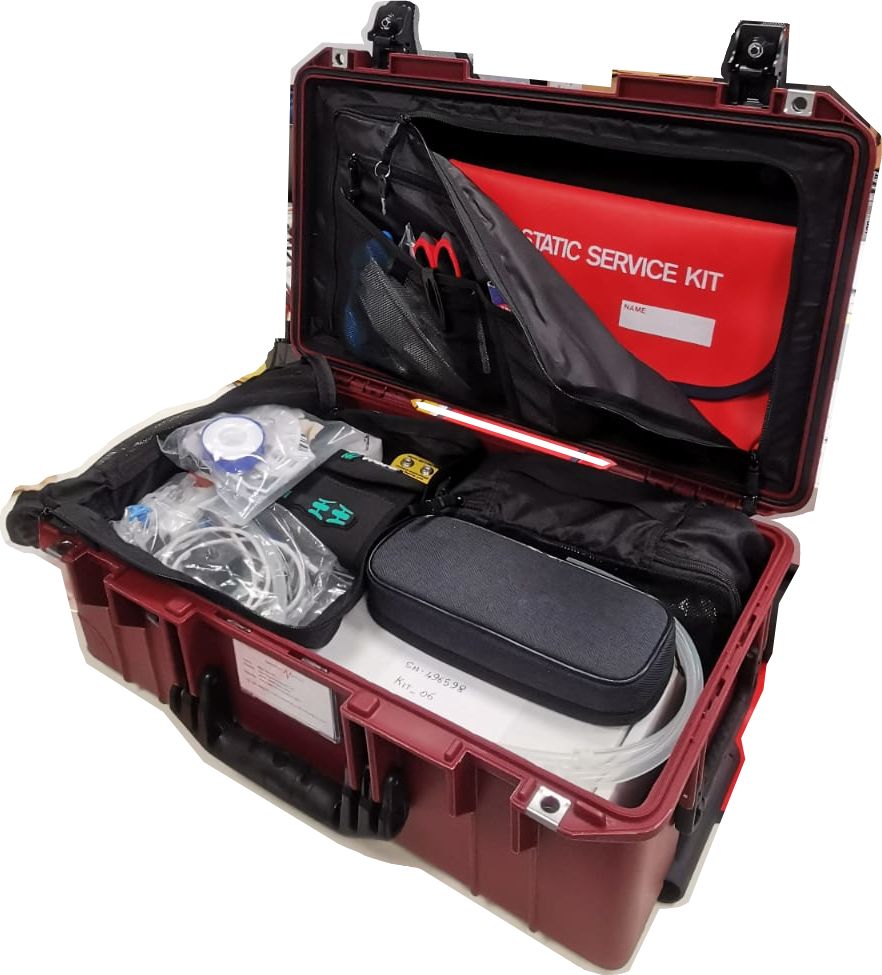One can think of biotechnology as taking the work of studying life science, or biology, and applying it to create real-world solutions to problems. Biotechnology is a science-driven industry sector which employs living organisms and molecular biology to produce all kinds of products and therapeutics that enhance and improve human life. The biotechnology sector has grown by leaps and bounds in recent years and is most notably known for the increasingly important role that it has played in the fields of medicine and pharmaceuticals, as well as genomics, food production, and the production of biofuels.
Although biotechnology has taken some flack in recent years due to the practice of genetic modification which is inherent within the industry and thus the long-term impact on human life is generally unknown, it has nevertheless proven instrumental in extending the human lifespan and improving the quality of life on earth. Biotechnology has been responsible for the creation of myriad products and therapies that combat diseases, fighting world hunger by improving and increasing food production through the generation of higher crop yields, as well as creating biofuels that aid in the reduction of greenhouse gas emissions to combat the effects of climate change and global warming.
Let’s take a closer look at some of the benefits of Biotechnology to humans.
Benefits of Biotechnology
According to the World Economic Forum, there are a number of benefits to humans that biotechnology provides.
1. Bioproduction of sustainable chemicals, energy and other materials
Humans have depleted massive amounts of the world’s reserves of fossil fuels. These reserves are finite and are not renewable. Additionally, their use contributes heavily to greenhouse gases that negatively impact the environment. Biotechnology can contribute to environmental sustainability through a process known as artificial biosynthesis, which uses living organisms such as bacteria, fungus or plants to create fuels, chemicals and other materials.
2. Genetically modified crops increases sustainable food production
As the global population balloons to eyewatering numbers, producing enough food for those people as well as for animals is and will continue to be a problem.
According to the World Economic Forum’s Council on Biotechnology, “Although controversial, genetic modification of crops can help to solve this problem. The evidence shows that, in places where they are allowed, modern GM crops are contributing to the growth of agricultural productivity. In 2011, for instance, 16.7 million farmers grew biotech crops on almost 400 million acres in 29 countries, including 19 developing countries. Existing GM commodity crops also contribute to crop sustainability by permitting the use of less pesticide and decreasing the need for erosion-promoting tillage. Such crops also contribute to human and animal welfare by increasing farm productivity and reducing fungal contamination of grain.”
3. Seawater bioprocesses to produce fuel and chemicals
Sticking with the theme of biofuels, a rich source of potential fuels and chemicals is the ocean! 70% of the world’s surface is covered in water, and thus, you can imagine that there is a lot of seaweed floating around. That seaweed can be converted with bioprocesses to create biofuels. Bacteria and microalgae that live in the oceans can also be engineered to grow more efficiently and thus be used to create fuels and chemicals as well.
4. Zero-waste bio-processing
A zero-waste society was a pipe dream not too long ago, now, through biotechnology, it may not be completely preposterous. Biorefineries can use industrial waste streams to produce chemicals and fuels, thereby closing the production loop and placing us one step closer to becoming a zero-waste society.
5. Carbon dioxide as a raw material
Although carbon dioxide is largely thought of as the culprit in global warming and climate change, biotechnology may actually be able to change that. Advances made recently in the scientific community have led us to better understand how living organisms consume carbon dioxide. Thus, scientists are beginning to understand how carbon dioxide can actually be harnessed and used to create fuels, energy, chemicals and materials to meet the world’s needs.
6. Regenerative medicine to create new organs
This one is fairly self-explanatory but demand for regenerative medicine has increased in recent times. Biotechnology would allow for the growth of tissue and organs in a laboratory and allow surgeons to safely implant them when the body is unable to heal itself.
7. Rapid and precise development and manufacturing of medicine and vaccines
This is very pertinent to today’s global situation, but the ability of therapeutics and vaccines to treat and prevent diseases has been well documented. Biotechnology now offers the potential to rapidly produce therapeutics and vaccines against virtually any target.
8. Accurate, fast, cheap, and personalized diagnostics and prognostics
Although the WEF’s Council on Biotechnology wrote their document on the benefits of Biotechnology some years ago, their foresight on a global pandemic was spot on.
“One of the most real and serious threats to the human race is a potential global pandemic. Biotechnology has the potential to provide the platforms needed for rapid identification of biological threats, development of potential cures and global manufacturing of the solutions. Identification of better targets and combined use of nanotechnology and information technology are making it possible to develop rapid, accurate, personalized and inexpensive diagnostics and prognostics systems.”
9. Biotech improvements to soil and water
Arable land and fresh water are two of our most important, yet limited, resources globally. Over the years, abuse and misappropriation have threatened these resources while at the same time, demand has increased. Biotechnology has begun to restore the vitality and viability of both of these resources.
According to the WEF, “A new generation of developing technologies, such as bioremediation to use microbial metabolism to remove pollutants, bioregeneration to renew or restore life-supporting resources using biological processes, and bioaugmentation to introduce a group of natural microbial strains or a genetically engineered variant to treat contaminated soil or water, offers great promise to not only further restore these resources but also to augment their potential.”
10. Advanced healthcare through genome sequencing
What originally took 13 years and 1.5 billion USD to do can now be done in a day for less than 1000 USD. Sequencing the human genome allows us to better understand the building blocks of life and how they differ from each other. Thus, through biotechnology, and our understanding of genetic variations and their consequences, we can prevent diseases before they even happen.
How Peli Helps Biotech Industry Professionals
As one might imagine, there are a number of devices and instruments that scientists in any field, including Biotechnology, must use. These devices and instruments are extremely fragile and must be protected during transportation to and from the field and while in storage. Peli cases are constantly tested by professionals under the toughest conditions on earth and are the trusted choice to accommodate all kinds of sensitive laboratory equipment, scientific tools, analytical instrumentation and heavy-duty communication systems. Not only are they virtually indestructible, IP67 watertight, dustproof, airtight, and chemical resistant, but their customizable interiors will ensure that no matter the size and shape of your vital equipment, it can be accommodated within a Peli case, guaranteed to arrive fully operational.
Peli BioThermal is a special division of Peli Products that provides the life science and biotechnology industry with a broad range of passive single-use and reusable temperature controlled patented packaging solutions for the safe distribution of frozen, refrigerated and controlled ambient temperature-sensitive payloads. Their specialized design, engineering and lab testing services ensure clients are fitted with cold chain performance solutions that best fit their purpose. Their Crēdo ProEnvision track-and-trace software, which allows clients to monitor temperature controlled packaging inventories throughout the entire end-to-end distribution cycle, allows clients to meet increasing global regulatory demands, manage challenging shipping lanes and unforeseen delays while reliably and confidently tracking critical, high-value payloads around the world.
If you’d like to see our fill catalogue Peli Protective Cases






